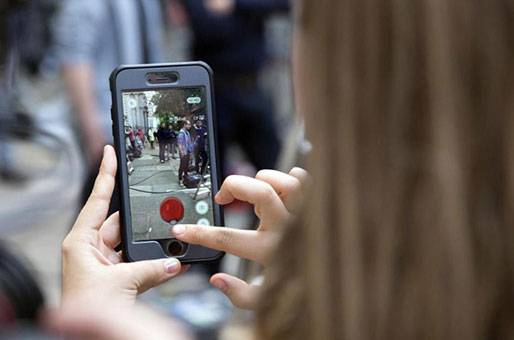BARCELONA, A SMART CITY
The continual spirit of innovation and the desire to apply these advances to the diverse fields has made Barcelona a world leader in architecture, design, the performing arts, food, sport, tourism, scientific research, knowledge and the social environment.
Barcelona is the Mobile World Capital, the global benchmark city for innovation and talent in the field of mobile phones, and each year it organises the GSMA Mobile World Congress, which brings together over 70,000 professionals in the sector.
The Catalan capital has demonstrated its readiness for innovation with an advanced network of infrastructures, like Wi-Fi in the streets, meaning 500 free access points across all the city's neighbourhoods, a fibre optic network and the development of 4G technology. In addition to this, there is District 22@Barcelona, an important platform that makes Barcelona one of the most dynamic cities in the field of innovation.
The city has developed and consolidated a large number of mobile applications to make it easier for residents and visitors alike to access useful information and to make their lives easier. There are around 40 applications with almost a million downloads between them. On an international level, Barcelona is also a pioneering city for open data, and there are currently around 300 data sets on the city.
Innovation has also been applied to mobility and transport with initiatives such as the new bus network, which incorporates technological features that provide information to its users.
Barcelona also stands out in the field of energy efficiency. It already has a smart street, Avinguda de Josep Tarradellas, which incorporates presence sensors that turn up the light when they detect a pedestrian. In fact, the city has become a test bed, where technology companies such as Cisco Systems, GDF Suez, Schneider Electric, HP, Microsoft, Telefònica and Abertis Telecom try out initiatives like smart traffic lights, traffic control, fibre optics, recycling bin sensors, smart domestic gas and water meters, and LED public lighting. It is also the headquarters of BIT Habitat, a foundation that encourages innovation in new urban services by collaborating with companies.
In southern Europe, Barcelona leads the way in adopting Information and Communication Technologies (ICTs), with one of the highest ICT penetration rates in homes and businesses, as well as pioneering the development of e-Government. There are 2,150 ICT-sector businesses in the city, 210 technology and research parks and centres, and 9 internationally recognised science facilities, like the Barcelona Supercomputing Centre.
